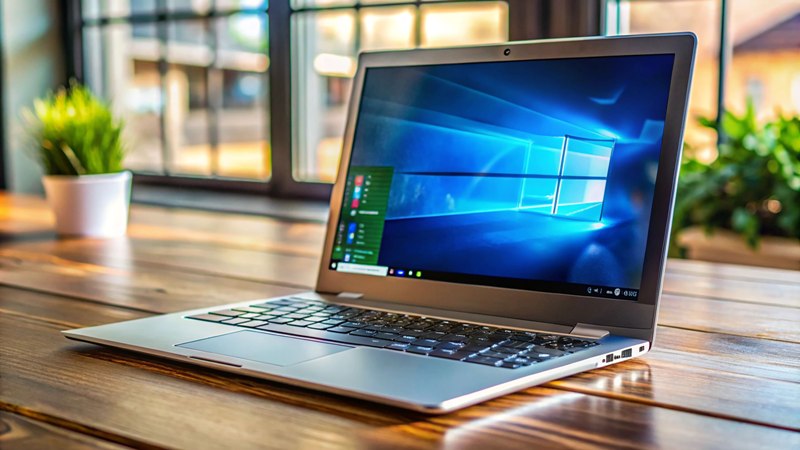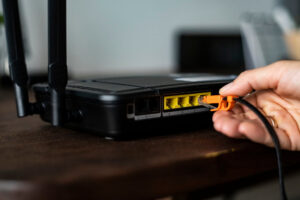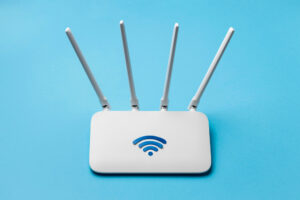Keeping your Windows 11 PC clean and optimized is essential for maintaining speed, performance, and security. Over time, unnecessary files, cache, and junk data accumulate, slowing down your system. However, many users hesitate to perform cleanups due to the fear of accidentally deleting important files. Fortunately, there are safe and efficient ways to clean your Windows 11 PC without risking data loss. This guide will walk you through the process step by step.
Why Cleaning Your Windows 11 PC Is Important
Over time, your PC accumulates:
- Temporary Files
- Cache Data
- Unused Applications
- Duplicate Files
- Browser History and Cookies
If left unchecked, these files can hog system resources, leading to slower performance, reduced storage, and even security vulnerabilities. Regular cleanups ensure your PC runs efficiently and extends the lifespan of your hardware.
Preparing for Cleanup – Back Up Your Data
Before initiating any cleanup process, always back up important files. This provides a safety net in case something goes wrong.
How to Back Up Files in Windows 11:
- Use OneDrive: Enable automatic backups by syncing files to OneDrive.
- External Hard Drives: Copy critical data to an external hard drive.
- File History: Go to Settings > System > Storage > Backup Options and enable File History.
- Create a System Restore Point:
- Search for “Create a restore point” in the Windows search bar.
- Click “System Properties” and select “Create” to generate a restore point.
Safe Ways to Clean Windows 11 Without Deleting Important Files
1. Use Storage Sense – Automatic Disk Cleanup
Storage Sense is a built-in feature in Windows 11 that automatically removes unnecessary files, such as temporary files, recycle bin data, and old downloads.
How to Enable Storage Sense:
- Go to Settings > System > Storage.
- Click on Storage Sense.
- Toggle the switch to “On.”
- Click on Configure Storage Sense and customize the cleanup schedule.
Benefits:
- Safely deletes files that Windows considers unnecessary.
- Can be automated to run periodically.
2. Disk Cleanup Tool
Disk Cleanup is another effective way to remove unnecessary files while preserving essential data.
Steps to Use Disk Cleanup:
- Press Windows + S and type “Disk Cleanup.”
- Select the drive you want to clean (typically C:).
- Check options like Temporary Files, System Cache, and Thumbnails.
- Avoid selecting critical folders such as Downloads and User Files.
- Click OK and then Delete Files.
3. Uninstall Unnecessary Applications
Unused applications consume disk space and memory. Removing them frees up resources.
How to Uninstall Apps in Windows 11:
- Go to Settings > Apps > Apps & Features.
- Browse the list and uninstall apps you no longer need.
- Right-click and select Uninstall.
4. Manage Startup Programs
Too many startup programs can slow down your boot time. Disabling unnecessary ones can speed things up.
Steps to Disable Startup Programs:
- Press Ctrl + Shift + Esc to open Task Manager.
- Click on the Startup tab.
- Disable apps that don’t need to run at startup.
5. Clear Browser Cache and Temporary Files
Web browsers accumulate cache, cookies, and temporary files that consume space and slow down browsing.
Clear Cache in Microsoft Edge/Chrome/Firefox:
- Open the browser and press Ctrl + Shift + Delete.
- Select Cached Images and Files, Cookies, and Browsing History.
- Click Clear Data.
6. Delete Temporary Files Manually
Temporary files can accumulate over time and waste valuable space.
Steps to Delete Temporary Files:
- Press Windows + R, type %temp%, and hit Enter.
- Select all files and delete them (skip files in use).
Alternatively:
- Go to Settings > System > Storage > Temporary Files.
- Select the files you want to delete and click Remove Files.
7. Use Windows Defender to Remove Malware
Malware can slow down your PC. Windows Security helps in scanning and removing threats.
How to Scan for Malware:
- Go to Settings > Privacy & Security > Windows Security.
- Click on Virus & Threat Protection.
- Perform a Full Scan.
Advanced Cleanup – Windows Terminal
For users comfortable with commands, Windows Terminal offers advanced cleanup options.
Command to Delete Temporary Files:
del /q /f /s %temp%\*Command to Clean Windows Update Cache:
Cleanmgr /sageset:1Run these commands to clean your system further without deleting essential files.
What to Avoid When Cleaning Your PC
- Avoid Deleting System Files: Never delete files from System32 or Windows folders.
- Skip the Registry (Unless You Know What You’re Doing): Registry cleaners can remove vital entries.
- Don’t Clear Downloads Without Review: Important files often reside in your Downloads folder.
Recommended Tools for Safe Cleanup
- CCleaner – Safe temporary file and registry cleaner.
- BleachBit – Open-source tool for deep cleaning.
- Glary Utilities – Comprehensive optimization and cleanup tool.
- Windows Security – Built-in malware protection.
Conclusion
Cleaning your Windows 11 PC doesn’t have to be risky. By using built-in tools like Storage Sense, Disk Cleanup, and managing unnecessary applications, you can optimize performance without deleting important files. Always back up critical data, enable restore points, and scan for malware to ensure a smooth experience. Regular PC maintenance not only improves performance but also enhances the lifespan of your device.







